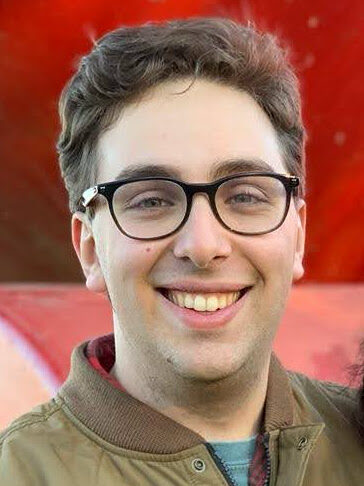Policy Modeling for Sex Trafficking Legislation in Massachusetts
About
I will present a work-in-progress project that develops a decision-support tool to guide policymaking on sex trafficking legislation in Massachusetts. Sex trafficking, the largest form of modern-day slavery, remains a serious issue across the United States. In Massachusetts, advocacy organizations are actively pushing for competing legislative approaches. In collaboration with a subject-matter expert, we constructed a simulation of the commercial sex system and calibrated it to Massachusetts using diverse data sources. Preliminary results from the model are intended to inform upcoming deliberations of the state senate judiciary committee.
I will discuss the problem of sex trafficking and the broader landscape of commercial sex work, with a focus on Massachusetts. This includes an examination of the limited data on sex work in the United States and the methods we use to generate Massachusetts-specific estimates. I will also review potential legislative approaches and the history of advocacy efforts in the state. Next, I will walk through the process of developing a simulation model of commercial sex work and sex trafficking. Finally, I will present preliminary results, highlight their implications for current policy debates, and show how the model can serve as a tool for evaluating future intervention strategies.
Speaker

Gabe McDonnell-Maayan
Gabe McDonnell-Maayan is a PhD candidate in Boston University's Faculty of Computing and Data Sciences whose work bridges computational innovation and pressing societal challenges. His research applies tools from complexity science—such as system dynamics modeling, agent-based modeling, and machine learning—to understand and influence the behavior of complex social systems. Gabe’s primary focus is advancing suicide prevention through computational modeling, enabling policymakers and practitioners to test interventions in silico before implementing them in the real world. Beyond suicide prevention, he has contributed to projects addressing sex trafficking, political polarization, pandemic response, and food security. Prior to his doctoral studies, Gabe worked as a software engineer at the MITRE Corporation and earned his Bachelor of Science in Computer Science from Rensselaer Polytechnic Institute.